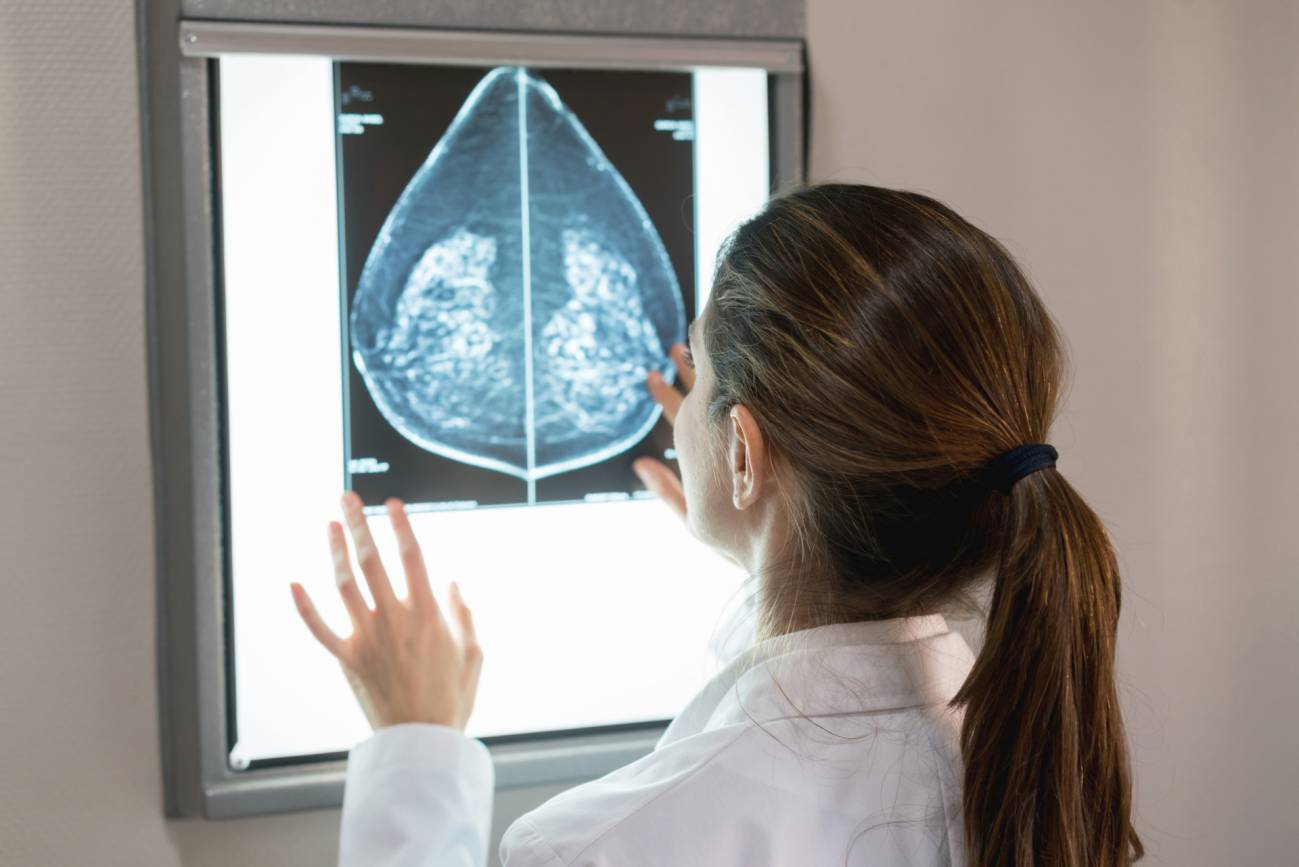Reactions: AI-supported mammography reduces radiologists' workloads
A randomized trial of more than 80,000 Swedish women has shown that artificial intelligence is as good as two specialized radiologists working together when it comes to detecting breast cancer, without increasing false positives and reducing the workload by almost half.

Duffy - mamografía IA
Stephen Duffy
Professor of Cancer Screening, Wolfson Institute of Population Health, Queen Mary University of London (QMUL).
This paper presents interesting results of a high-quality study of artificial intelligence in breast screening. The results illustrate the potential for artificial intelligence to reduce the burden on radiologist’s time. This is an issue of considerable importance in many breast screening programmes, including the NHS Programme in the UK. The results indicate that this reduction in reading time can be achieved with an increase in detection capability. There may be concerns that such technology-driven increases in detection might include overdetection of relatively harmless lesions. For example, the results of this paper include an increase in detection of ductal carcinoma in situ, which is thought to be potentially overdiagnosed. The authors plan to address this issue by estimating the effect of incorporation of artificial intelligence on the rate of symptomatic cancers arising in future years in those who were screened negative. In the meantime, it would have been helpful to see the distribution of cancers detected by grade and biological subtype. If these were similar between the artificial intelligence group and the control group, fears of overdiagnosis would be lessened.
Wendy Hall - mamografía IA
Wendy Hall
Professor of Computer Science, University of Southampton.
It is really great to see a paper like this on the application of AI in radiography. We need this type of evidenced-based research to support the claims that AI will help us improve healthcare. This is only one experiment but others will follow. The experiment needs to be replicated many times over before we can draw any general conclusions but it is very encouraging to see the positive results.
Kristina Lång et al.
- Research article
- Peer reviewed
- Randomized
- People
